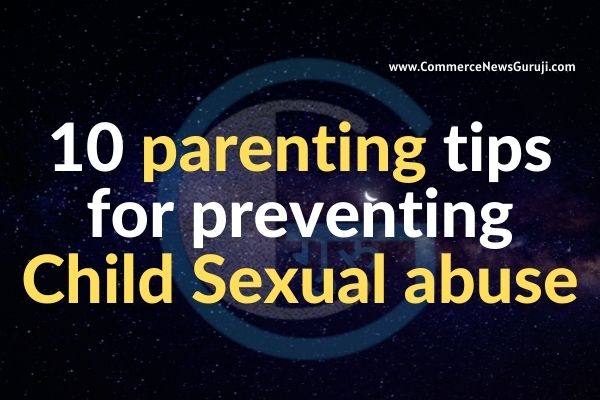1. Consent:
It is important to teach consent long before it has anything to do with sex. Asking a child permission on a daily basis teaches children that they can make choices for themselves and their body. Example: “Is it okay if I sit next to you while we read this book?”
2. Talk Openly:
It is ok to let your child know that you are learning too. Being open and honest with them will build trust with your child and lead to more open communication. Example: “That is a really good question. I am not 100% sure on the answer, let me learn more and get back to you tomorrow.”
3. Name body parts:
Using anatomically-correct names for body parts is a reached best practice to decrease shame and increase confidence, this deterring perpetration of sexual abuse against the child. Using nicknames can make a child think their genitals are something to feel shameful about. Feeling comfortable using these words and knowing what they mean can help a child talk clearly if something inappropriate has happened.
4. Some body parts are Private:
Tell your child that their private parts are called private because they are not for everyone to see. Explain that mommy and daddy can see them naked, but people outside of the home should only see them with their clothes on. Explain how their doctor can see them without their clothes because mommy and daddy are there with them and the doctor is checking their body.
5. Body boundaries:
Tell your child matter-of-factly that no one should touch their private parts and that no one should ask them to touch somebody else’s private parts. Parents will often forget the second part of this sentence. Mommy and daddy might touch your private parts when we are cleaning you or if you need cream but no one else should touch you there. Not friends, not aunts or uncles, not teachers or coaches. Even if you like them or think they are in charge, they should still not touch your private parts. Sexual abuse often begins with the perpetrator asking the child to touch them or someone else.
6. Body secrets are not okay:
Most perpetrators will tell the child to keep the abuse a secret. This can be done in a friendly way, such as, “I love playing with you, but if you tell anyone else what we played they won’t let me come over again.” Or it can be a threat: “This is our secret. If you tell anyone I will tell them it was your idea and you will get in big trouble!” Tell your kids that no matter what anyone tells them, body secrets are not okay and they should always tell you if someone tries to make them keep a body secret.
7. Get out of scary or uncomfortable situations:
Some children are uncomfortable with telling people “no”, especially older peers or adults. Tell them that it’s okay to tell an adult they have to leave, if something that feels wrong is happening, and help give them words to get out of uncomfortable situations. Tell your child that if someone wants to see or touch private parts they can tell them that they need to leave to go potty.
8. Have a code word to be used when they feel unsafe or want to be picked up:
As children get a little bit older, you can give them a code word that they can use when they are feeling unsafe. This can be used at home, when there are guests in the house.
9. They will never be in trouble if they tell you a body secret.
Children didn’t say anything because they thought they would get in trouble, too. This fear is often used by the perpetrator. Tell your child that no matter what happens, when they tell you anything about body safety or body secrets they will NEVER get in trouble.
10. Decode Behavior:
Distinguish between safe, unsafe, and confusing touches.
- Safe touches: Break down what type of physical affection are healthy and appropriate from adults and peers. Help the child identify that these touches feel good emotionally for them.
- Unsafe touches: Discuss what behaviors are inappropriate & unsafe from adults and peers. Teach the child to trust their gut, because these will not feel good emotionally.
- Confusing touches: Get into the nuance of behavior that might “feel good” physically, but are not appropriate or safe (e.g. massage, tickling). These will likely not feel good emotionally.
(Also read: UnitedByBlood provides free Oxygen at doorstep and connects the patient with plasma donor)
(Also read: "Find A Bed" provides list of COVID centers, COVID beds and their contacts details)
(Also read: Gap between two doses of COVISHIELD vaccine extended from 6-8 weeks to 12-16 weeks)
(Also read: Book your appointment for COVID19 vaccination)
(Also read: Dos and Don’ts of getting COVID19 Vaccine)


Best